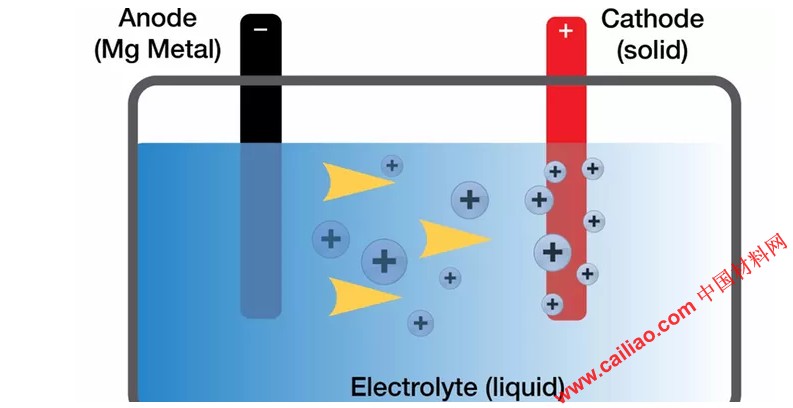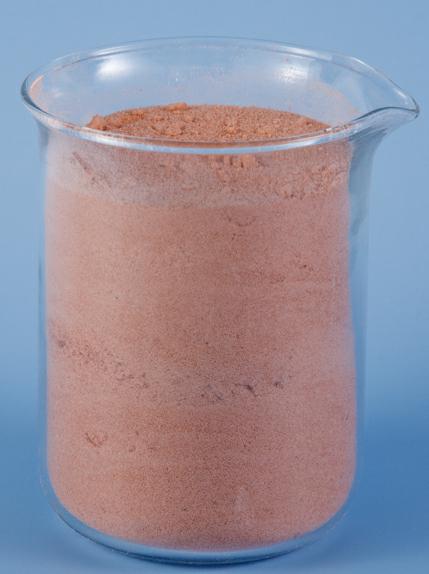New Breakthrough in Toyota Car Battery: Magnesium-Based Battery
Electrolyte has always been a point of trouble for magnesium-based batteries, but Toyota's researchers may have already tackled the problem for their production methods. Engineers at Toyota Research Institute (TRINA) believe they have found a secret rechargeable battery for the use of magnesium. This will replace lithium as a safer, more energy-efficient option for everything from mobile phones to car batteries.
Magnesium has been considered as a potential replacement for lithium in rechargeable batteries. Lithium is stable in the air and can be burned when exposed, thus making the lithium ion battery safer, the ions being reduced and embedded in the graphite rod. This reduces the amount of metal density, which limits the amount of lithium-ion battery that can be stored.

Magnesium, on the other hand, is stable in the atmosphere and has a more potential energy ratio than lithium. The trouble is that the formation, while providing efficient transfer has proved difficult, without reducing the electrolyte of magnesium until the opportunity for research into hydrogen fuel cells has changed.
Toyota's chief scientist and chemical engineer Rana Mohtadi heard his colleagues discuss the challenge of developing a magnesium-friendly electrolyte. She realized that hydrogen fuel cells and attributes may benefit a magnesium-based battery. They set up a team and set out to test them.
Bisphenol S 95%
Bisphenol S 95% is used in epoxy resin coating in food and beverage cans to protect food from direct contact with metal and prevent metal cans and aluminum boxes from being corroded by food raw materials. It is often used in packaging milk powder, meat products and surimi products.

Bisphenol S 95%,High Purity Bisphenol S Intermediate,High Purity Chemical Intermediate,Good Quality 99.5% Or Above
Jiangxi Hongjiu New Material Technology Co.,Ltd. , https://www.hongjiutech.com